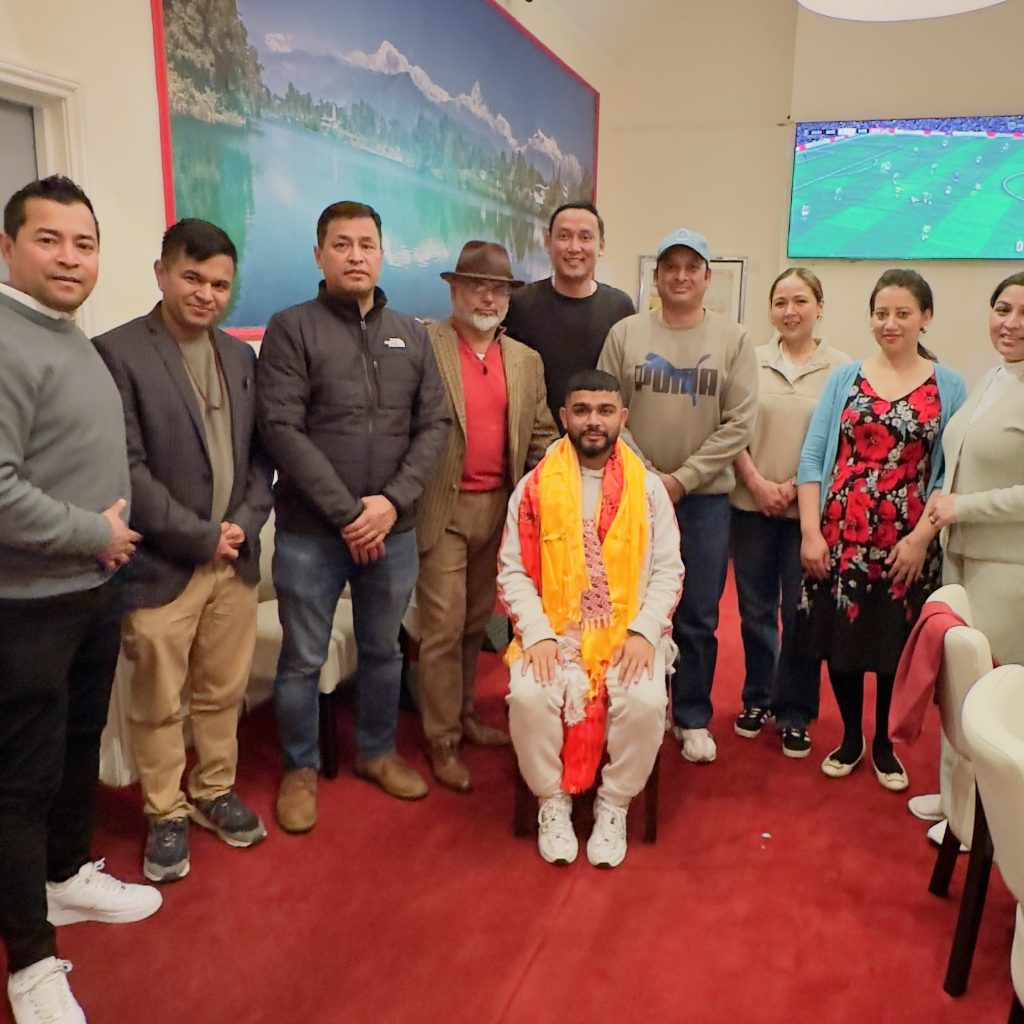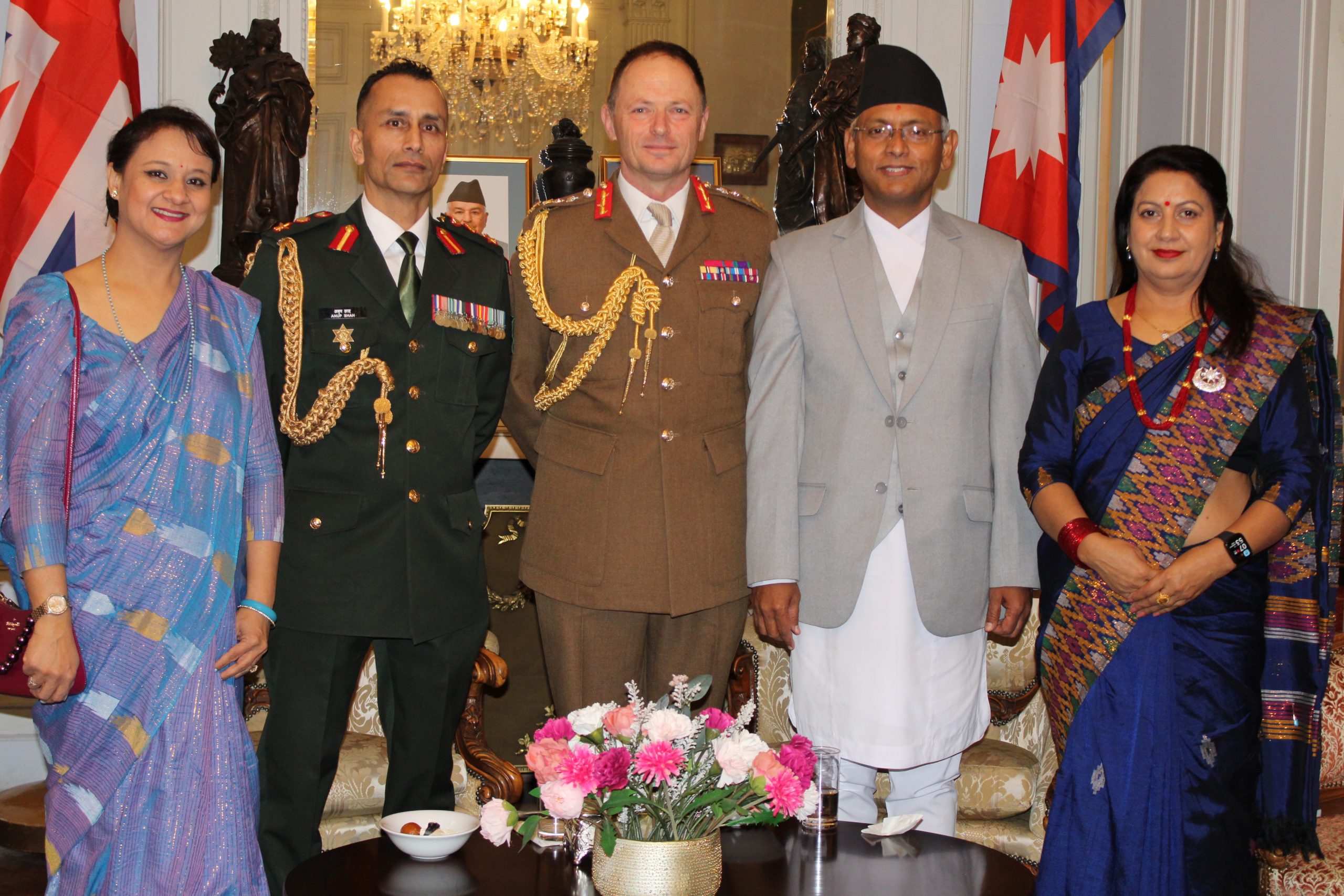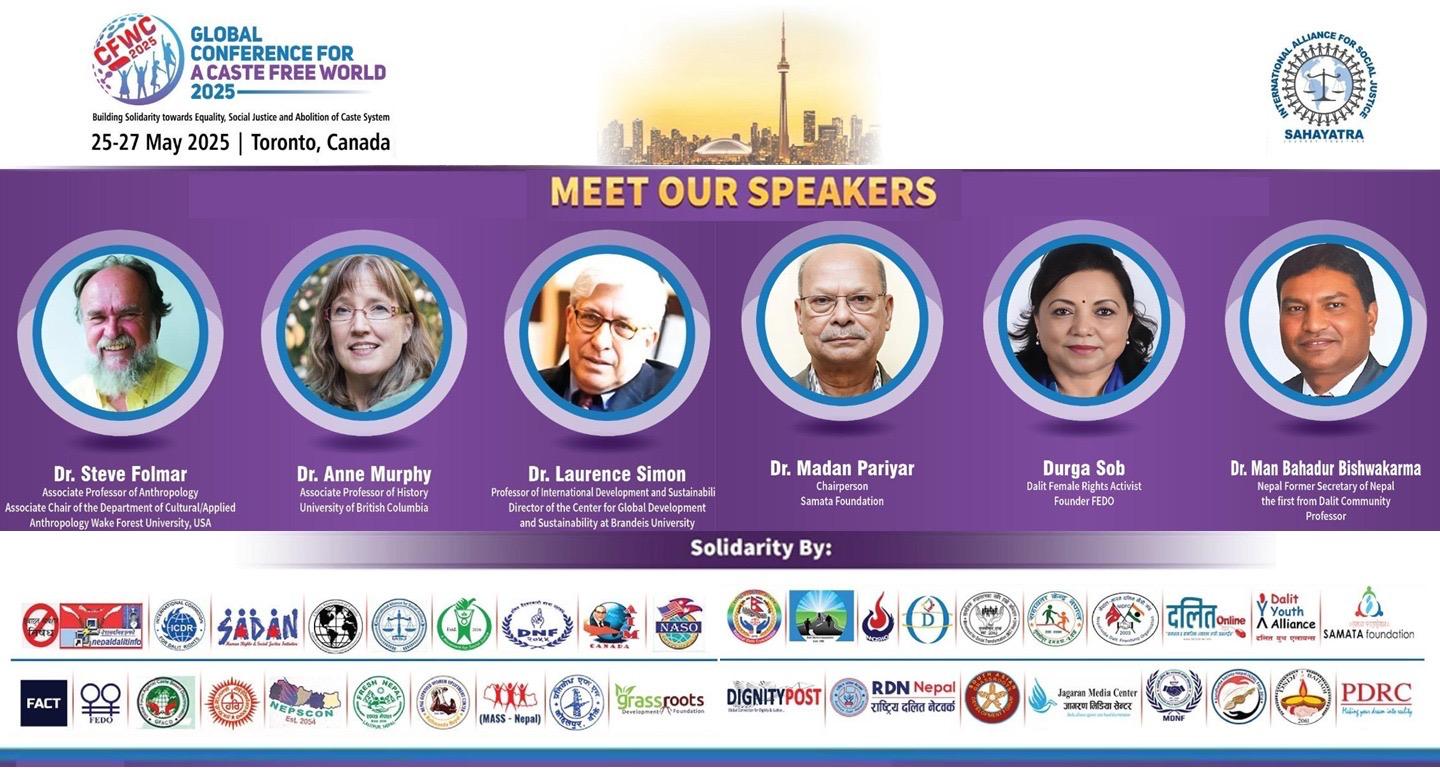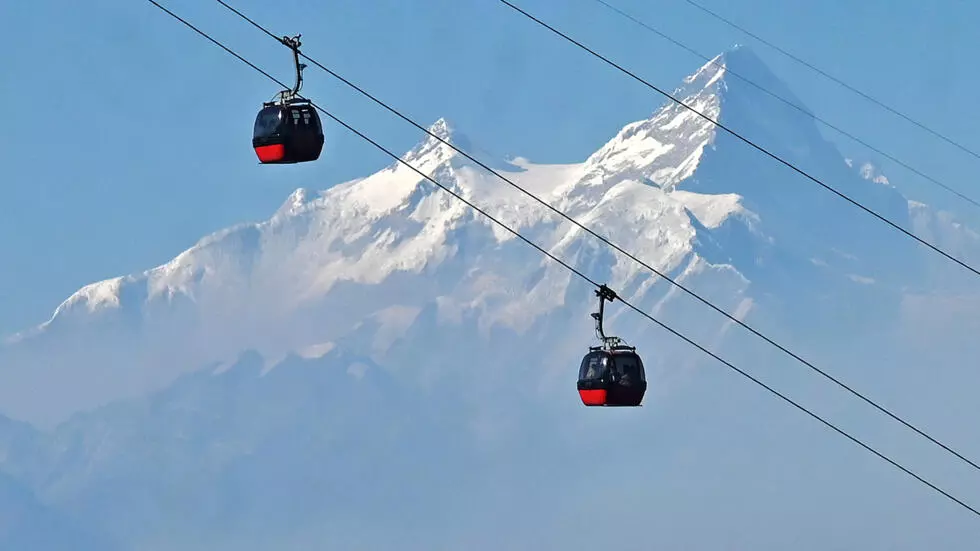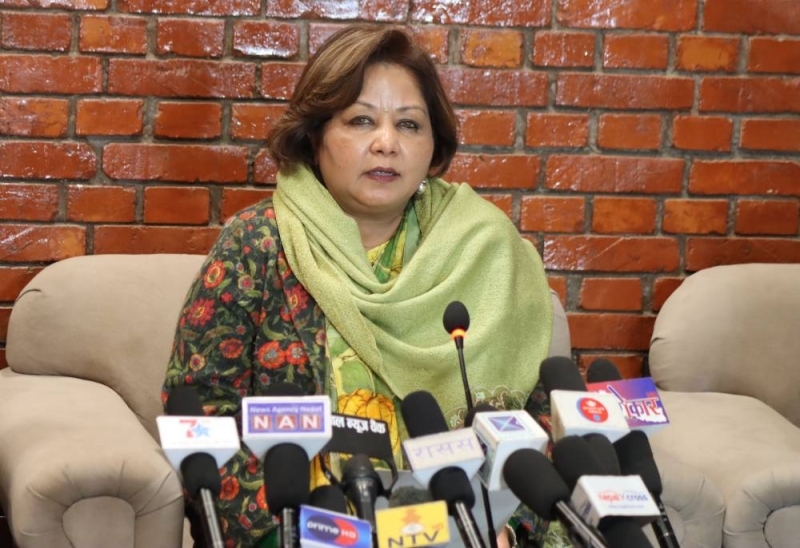Lisa Toohey
Professor of Law, UNSW Sydney
It had the hallmarks of a reality TV cliffhanger. Until recently, many people had never even heard of tariffs. Now, there’s been rolling live international coverage of so-called “Liberation Day”, as US President Donald Trump laid out tariffs to be imposed on countries around the world.
Just hours ago, Trump announced all imports to the United States will be subject to a new “baseline” 10% tariff. This is an additional tax charged by US Customs and Border Protection when products cross the border.
The baseline tariff is expected to take effect from April 5, and then higher reciprocal tariffs on individual countries from April 9. That leaves no time for businesses to adjust their supply chains.
What might the next “episode” hold for the rest of the world? We can expect many countries to retaliate, bringing in tariffs and trade penalties of their own. That comes with risks.
Tariffs on the whole world
Vietnam will be among the hardest hit by reciprocal measures, with a 46% tariff. China, South Korea and Japan will also feel the brunt of the newest announcement – all subject to new tariffs of between 24% and 34%. The European Union is subject to 20%.
Many countries had already vowed to retaliate.
In a recent speech, the president of the European Commission, Ursula von der Leyen, said “all instruments are on the table”. She also stressed that the single market is the “safe harbour” for EU members.
European Commission President Ursula von der Leyen
European Commission President Ursula von der Leyen has vowed to retaliate against US tariffs. Ronald Wittek/EPA
Canada was apparently spared from the baseline 10% tariff. But it still has to contend with previously announced 25% tariffs on the automotive and other sectors.
Canada’s new prime minister, Mark Carney, has said “nothing is off the table” in terms of retaliation.
Major tariffs on Asia
The 34% new tariff on China will be on top of the 20% tariff previously imposed, bringing the total to 54%.
That’s a further aggravation to already fractious relations between the world’s two largest economies.
Vietnam is especially reliant on the US market, and has been trying to negotiate its way through tariff threats. This has included unprecedented agreements to accept deported Vietnamese citizens from the US.
Until this point, Vietnam had benefited from tensions between the US and China. These new enormous tariffs will have large ripple effects through not only Vietnam, but also less economically developed Cambodia (49% tariff) and Myanmar (44% tariff).
Is it worth fighting back?
Vulnerable countries may not have the leverage to fight back. It is hard to imagine what leverage Cambodia or Myanmar could have against the US, given the disparity in resources.
Other countries consider it is not worth the fight. For example, Australia is rightly questioning whether a tit-for-tat strategy is effective, or will just ramp up the problem further.
One country that has flown under the radar is Russia. Two-way trade with Russia is small, and subject to sanctions. But US media have reported Trump would like to expand the trading relationship in the future.
A nightmare for the US Postal Service
Some of the interesting impacts of Trump’s announcements relate to what trade experts call the “de minimis” rule: usually, if you make a small purchase online, you don’t pay import taxes when the item arrives in your country.
Trump closed this loophole for goods from China in February, but then paused it days later. On April 2, Trump signed an executive order to again close the loophole, which will be effective May 2.
Duties will apply to goods from China that were previously exempt, below the “de minimis” amount of US$800. Those sent through the international postal network will face a rate of either 30% of their value or a charge of $25 per item (increasing to $50 in June).
This won’t just be a nightmare for online shoppers. Some 100,000 small parcels arrive in the US every hour, many from China.
These charges will now have to be collected on many more packages, in coordination with US Customs and Border Protection.
Boycotts and retaliation
We can also expect consumer backlash to increase worldwide, too. Canada’s “elbows up” movement is one template.
Consumers around the world are already choosing to redirect their spending away from US products, expressing their anger at the Trump administration’s stance on trade, diversity equity and inclusion (DEI) policies, environmental protection, gender rights and more.
Consumers should be careful about jumping on the bandwagon without doing their homework, though. Boycotting a US fast food outlet might make you feel better (and frankly may be better for your health), but that’s also going to impact the local franchise owner.
Hating Americans en masse is also not productive – many US citizens are themselves deeply upset at what is happening.
Claiming victory while consumers pay more
Watch out for the impending claim of victory – one of Trump’s mantras popularised in the recent movie, The Apprentice.
The US trade deficit rocketed after Trump’s previous tariff announcements this year, as importers scrambled to stockpile supplies before price increases.
This cannot happen this time, because the tariffs come into effect in just three days.
In the short term, the monthly trade deficit will decline if imports return to normal, which will give Trump a chance to claim the policies are working – even if it’s just a rebound effect.
But these tariffs will harm rather than help ordinary Americans. Everyday purchases like clothes (made in places like Vietnam, Cambodia and China) could soon cost a lot more than they used to – with a $20 t-shirt going up to nearly $30, not including US sales taxes.
As this reality TV-style trade drama continues to unfold, the world should prepare for more episodes, more cliffhangers, and more uncertainty.












